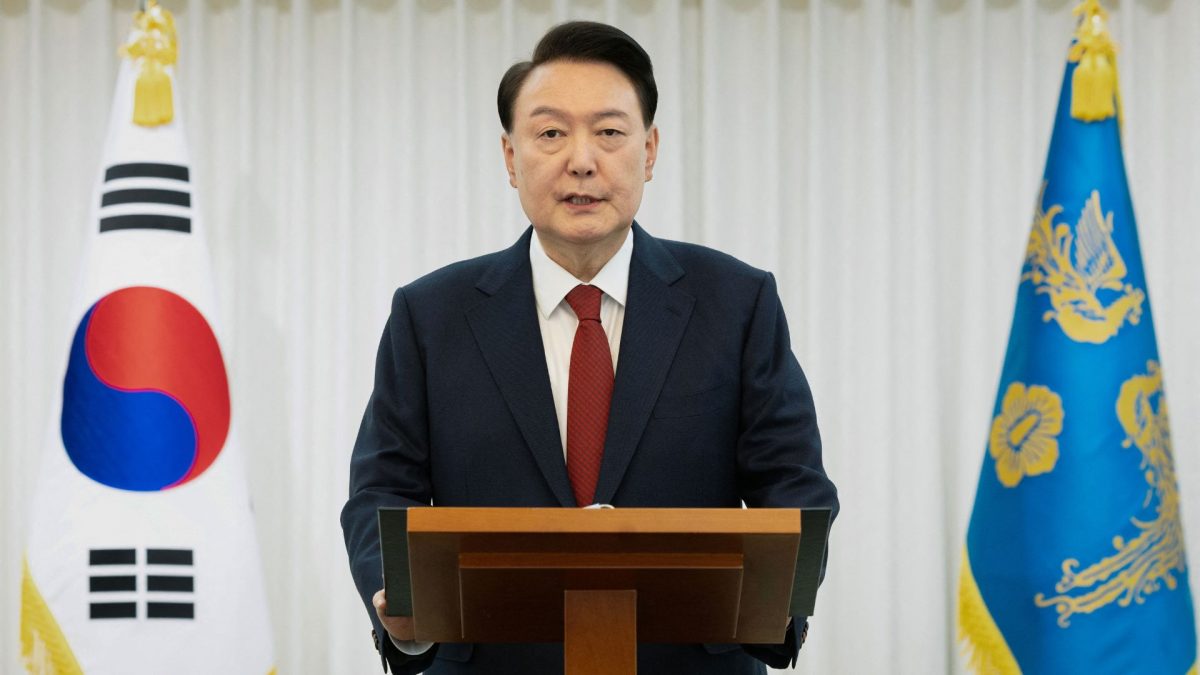A South Korean court has approved a detention warrant for President Yoon Suk Yeol.
The Seoul Western District Court announced Sunday (January 19) that the warrant was granted over concerns Yoon could destroy evidence related to allegations of insurrection and abuse of power.
The charges stem from Yoon’s declaration of martial law on December 3, 2024, during which he allegedly deployed troops to the National Assembly to prevent lawmakers from overturning the decree.
If convicted of insurrection, Yoon could face life imprisonment or the death penalty.
Extended detention and investigation
Yoon, who was apprehended at his Seoul residence last Wednesday (January 15), initially refused to cooperate during the first 48 hours of his detention.
With the court’s approval of the warrant, investigators can now hold him for up to 20 days, including the time he has already spent at a detention center, South Korea’s Yonhap News Agency reported.
The Corruption Investigation Office for High-ranking Officials (CIO) currently has custody of Yoon and plans to transfer him to prosecutors after 10 days.
The prosecution is expected to conduct additional investigations and file formal charges before the detention period expires.
CIO officials said that they will carry out a probe into the president “in accordance with the law and procedures.”
Supporter protests
The court’s decision sparked unrest among Yoon’s supporters, some of whom reportedly broke into the courthouse in protest and caused a commotion.
Yoon’s legal team has defended his actions, describing the martial law declaration as an “act of governance” to address a national crisis. They argued that the president’s decision was necessitated by opposition-led impeachment proceedings against Cabinet members, legislative deadlock, and budget cuts and should not be subject to judicial scrutiny.
Impact Shorts
More ShortsPolitical implications
Yoon’s presidential powers were suspended on December 14 after the opposition-dominated National Assembly voted to impeach him. The Constitutional Court is currently deliberating whether to reinstate Yoon or remove him from office.
This marks the first time in South Korea’s history that a sitting president has been detained. The case has thrown the nation into political turmoil, with the judiciary, legislature, and executive branches deeply entangled in the controversy.


)

)
)
)
)
)
)
)
)



